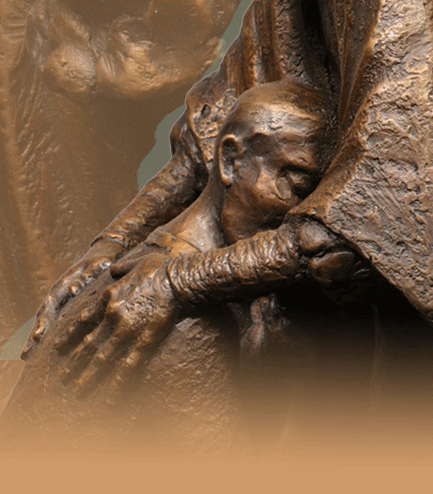4 Love is patient, love is kind and is not jealous; love does not brag and is not arrogant, 5 does not act unbecomingly; it does not seek its own, is not provoked, does not take into account a wrong suffered, 6 does not rejoice in unrighteousness, but rejoices with the truth; 7bears all things, believes all things, hopes all things, endures all things. 8 Love never fails.
-1 Corinthians 13:4-8
Love 365
On Valentine’s Day, we opened up Paul’s Love Chapter in 1 Corinthians 13 , specifically looking at verses 4-8. How on earth did Paul expect us to actually live out that type of love, which I lovingly refer to as “Love 365.”
Wow. Did Paul know what he was asking of us? Yes, I’m afraid he did. If anyone knew anything about how to love others, I think Paul did.
One verse at a time.
As I said on that earlier post, I will spend the rest of my life trying, yes, trying to Love 365.
This upcoming weekend, I’m honored to be part of a teaching team at my home church ladies’ retreat. In preparation, I’ve had to read and reread Luke 15, specifically looking at the story Jesus tells of the prodigal son. As a teacher, I’ve had to look at it from many different angles or points-of-view: the Father, the prodigal, the elder son. And, as a counselor, I love looking at the family unit as a whole.
Today, I was struck by the role forgiveness plays in this saga and in our own lives. Can we really live out the love of 1 Corinthians 13:4-8 if we don’t first forgive?
Forgive ourselves.
Forgive others.

Notice the placement of the son’s head, so tenderly resting.
Notice the placement of the father’s hands, so warmly embracing.
All I want to do is take a deep breath and sigh.
Forgiveness given.
Forgiveness received.
Both, set us free.
In a little booklet entitled, “Forgiving Others,” by Timothy S. Lane, he writes:
“Forgiveness is an act of compassion, love expressed when you are sinned against.When you forgive someone, you absorb the cost of the offense against you. You cancel the debt, and when you do, you make a three-fold promise:
- ‘I will not bring up this offense again or use it against you.’ The only reason to raise the offense with the offender is for the purpose of reconciliation, not vengeance.
- ‘I will not bring it up to others in gossip, or malign you because of it.’ Appropriate counsel may help you handle an offense against you. But we so easily fall into gossip to place all the blame on the other person.
- “‘I will not bring it up to myself and dwell on this offense.’ I will not replay the videotape of your sin to savor every excruciating detail.
Failure to forgive breaks these promises. When we choose not to forgive, we choose to make the other person pay for what he or she has done.”
This is a lot to take in. So for the rest of today, I’m going to think long and hard about #1-3 and spend some time examining my heart. See how I’m doing with Love 365.
As always, share your thoughts with us:
- Did anything specific stand out to you?
- Have you learned something about forgiveness that you can share?
- Why is it so hard to forgive?
I’m looking forward to hearing from you!